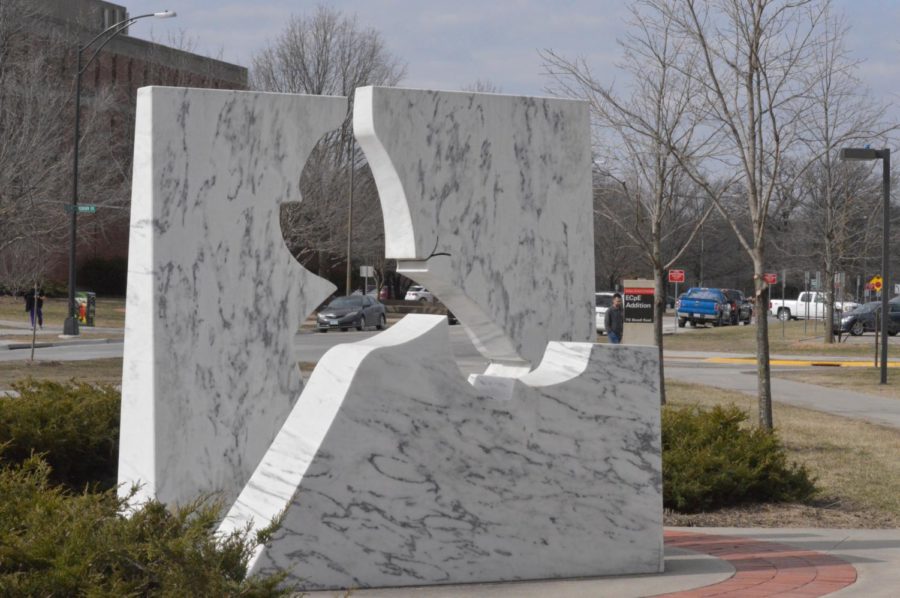Shiralkar: Wonder, a fascinating emotion
Jordyn DuBois/Iowa State Daily
Columnist Part Shiralkar argues that it is important to stay in touch with your curious side and to remember to experience “wonder.”
November 2, 2019
Every morning when you wake up and get to work, study or whatever it is that constitutes the better part of your day, a small portion of your active brain gets locked into — for lack of a better phrase — the daily grind. It is important to stay in touch with your curious side, and not for very complicated reasons.
I decided to write about wonder because after a considerable amount of time, I found music that made my head bounce anew.
Finding new music, or simply new genres, that you learn to love is one of the many culminations of wonder.
“We wonder at all extraordinary and uncommon objects, at all the rarer phenomena of nature, at meteors, comets, eclipses, at singular plants and animals, and at everything, in short, with which we have before been either little or not at all acquainted,” philosopher and economist Adam Smith said. “And we still wonder, though forewarned of what we are to see.”
English is a fascinating language; it has very fitting words for human emotion.
Let us then consider wonder to be part of an emotional spectrum that could range from a simple “oh” to unparalleled feelings of astonishment. People visiting the Louvre for the first time no doubt are awestruck, and awe is possibly another intense form of wonder. Seeing the Mona Lisa smile, too, is nothing short of wonderful.
Wonder is an emotion not partial to just human beings.
Primatologist Jane Goodall noticed a male chimp gesturing excitedly at a beautiful waterfall when she was in Gombe observing chimpanzees. He perched on a nearby rock and gaped at the flowing torrents of water for a good 10 minutes. Goodall and her team saw such responses on several occasions. I have seen my friends’ dogs react similarly to new toys or experiences.
Philosopher Sir Francis Bacon was not as keen on wonder as I thought. He called it “broken knowledge” and posited that wonder is an antecedent to knowledge.
I don’t necessarily agree with this sentiment, because the music I stumbled upon contributed less to my knowledge than to my sense of awe.
In a sense, however, it did make me realize that I am too focused on getting through the day while not stepping back occasionally and taking a moment to breathe. So maybe he was right. I can only wonder.
But anyway, that “wonder” on its own is a fascinating emotion that has not escaped people throughout history and — as is evident — throughout nature. Be open to new experiences and have fun. At the end, here’s the track that got me thinking hard enough to write a whole column.







